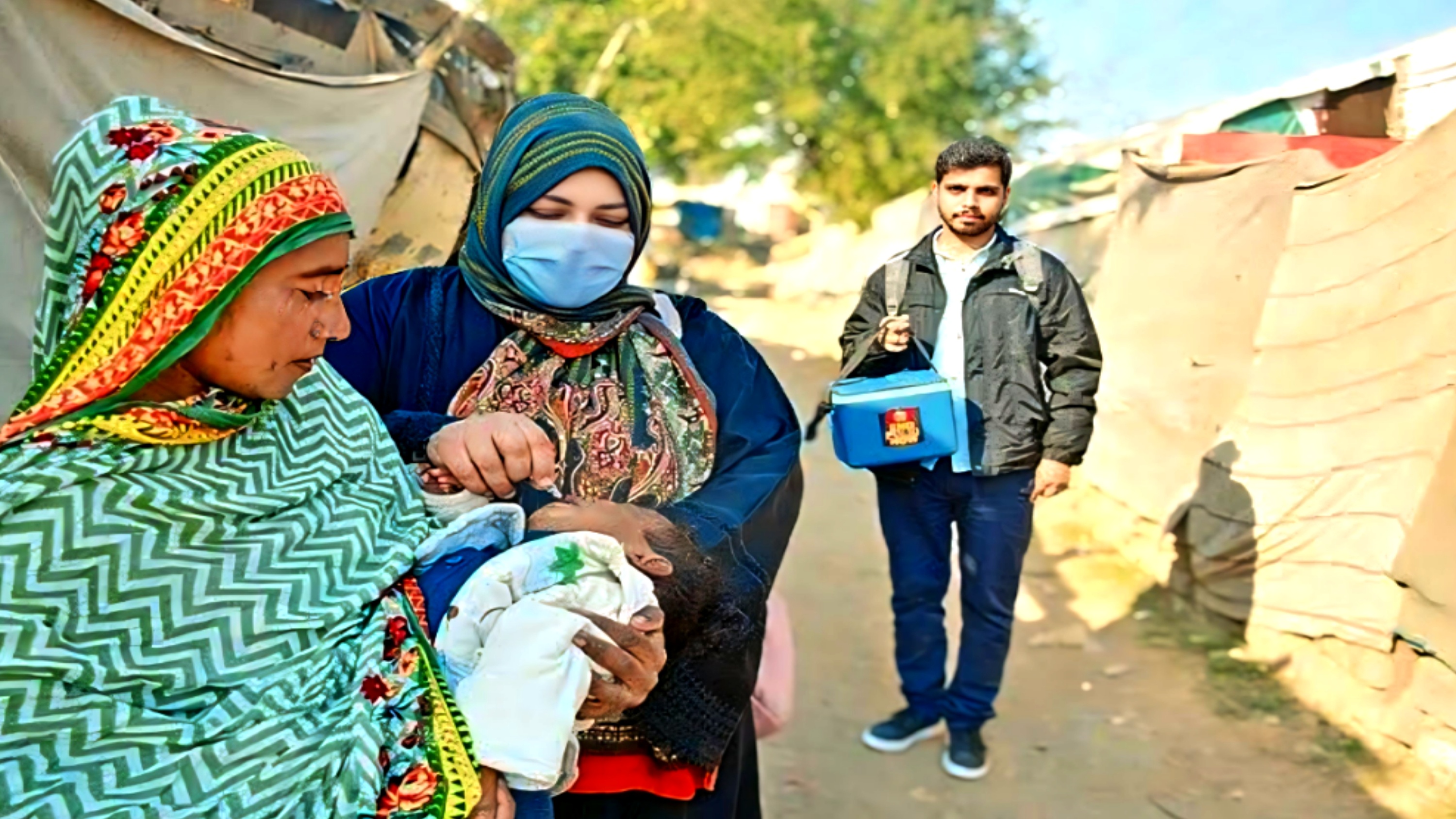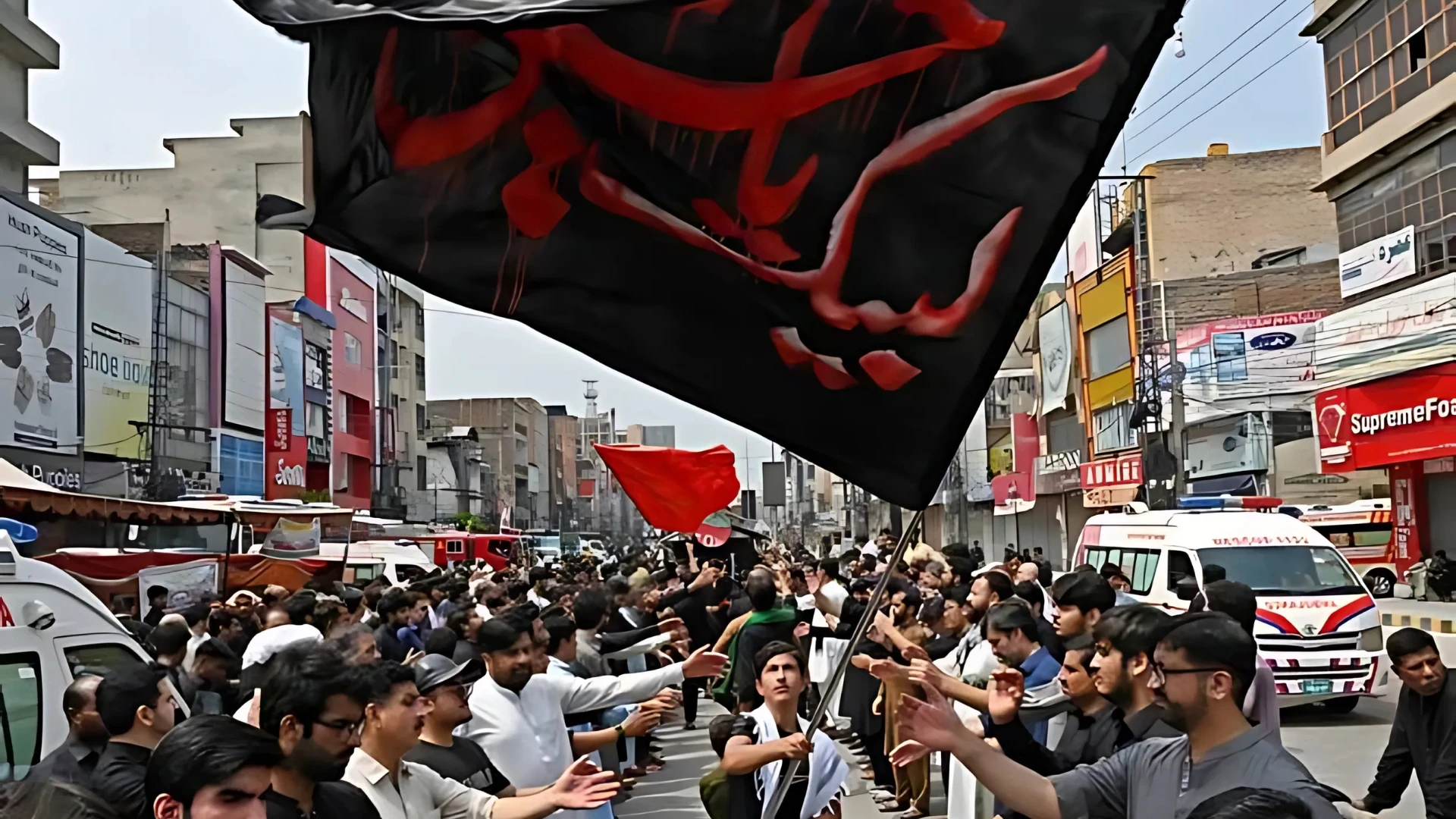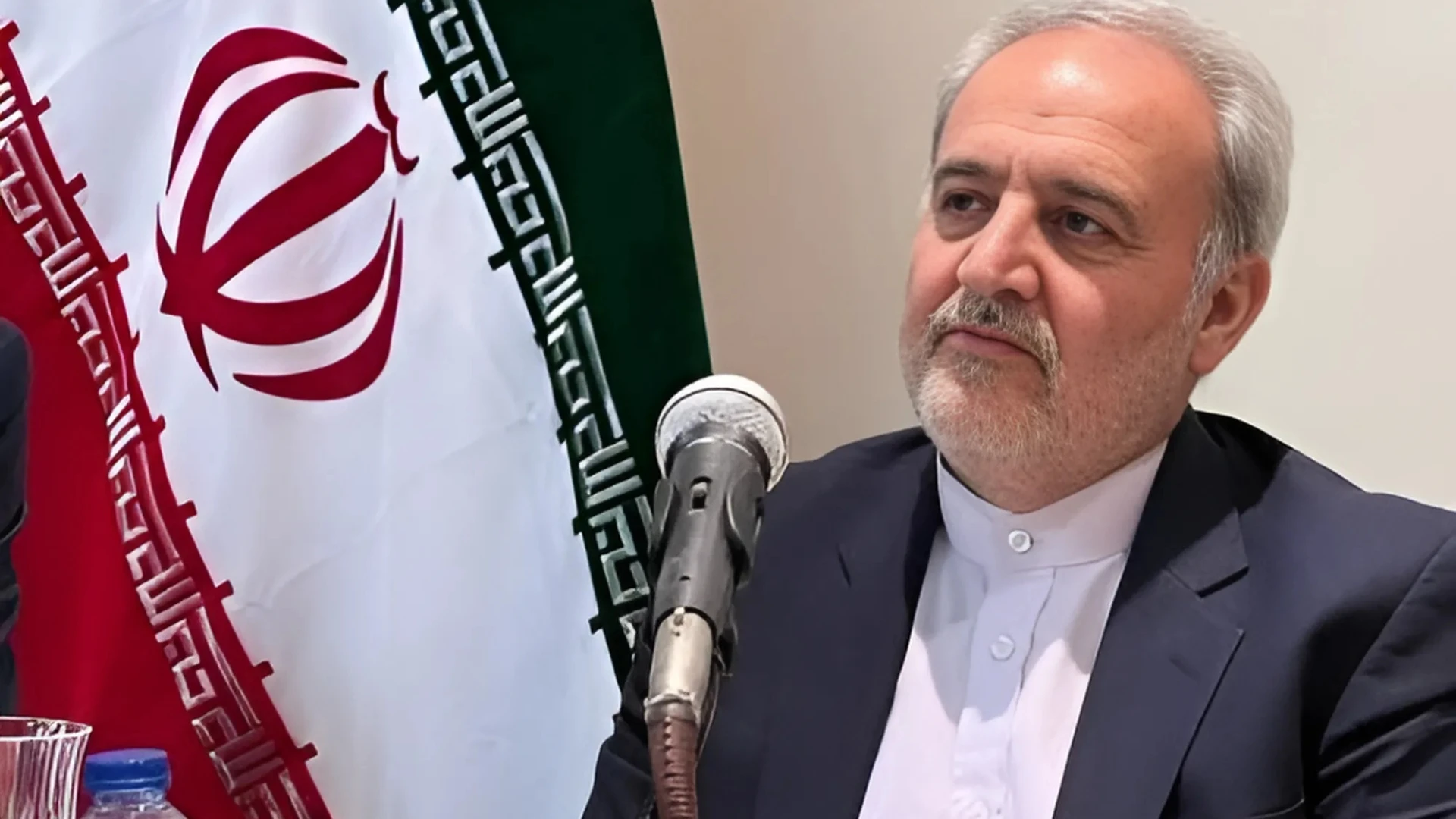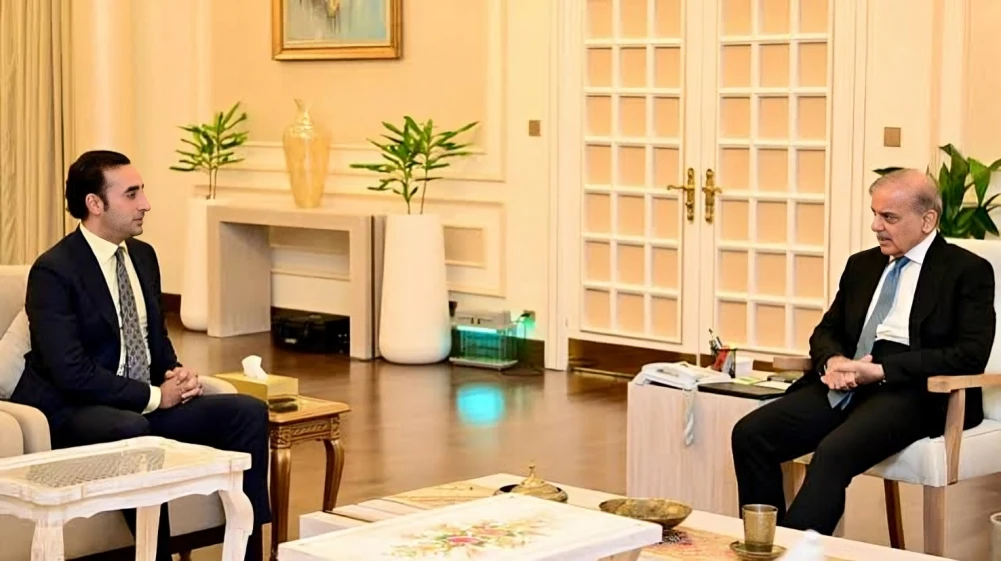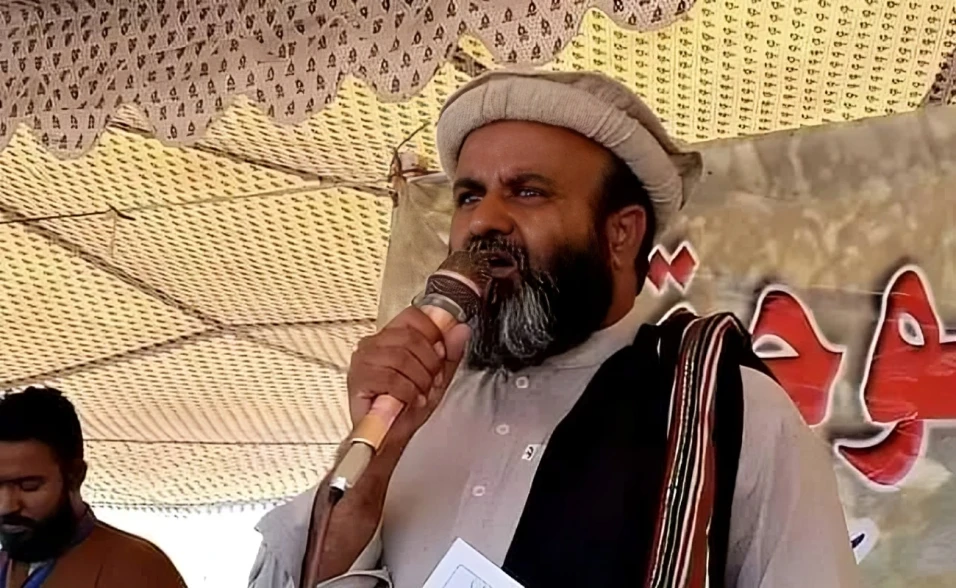PESHAWAR: A recent study has found that working mothers in Peshawar are three times more likely to reject vaccination for their children compared to housewives, citing concerns about vaccine safety and misinformation.
The research, published in the UK-based journal BioMed Central with support from Integral Global Health, revealed that vaccine hesitancy among parents stems from misconceptions regarding immunisation effectiveness. While 98% of parents who accepted vaccines acknowledged their importance, only 77% of hesitant parents shared the same view.
The study highlighted that misinformation remains a significant barrier, with 43% of vaccine-refusing individuals questioning the necessity of immunisation. Additionally, logistical issues, including long distances to vaccination centres and financial constraints, were reported by 40% of respondents as obstacles to getting their children vaccinated.
According to the findings, vaccine refusal was particularly high in Peshawar’s Shaheen Muslim Town, where 41% of parents opted out of immunisation for their children.
Pakistan recorded 74 polio cases last year, with the highest numbers reported in Balochistan (27), Sindh (23), and Khyber Pakhtunkhwa (22), while Punjab and Islamabad reported one case each. So far this year, two polio cases have been confirmed—one in Khyber Pakhtunkhwa and another in Sindh.
The study, conducted under the supervision of Khyber Medical University’s Vice-Chancellor Prof. Ziaul Haq and Dr. Saima Afaq from the University of York, aimed to assess the extent and reasons behind vaccine refusal in Peshawar. Led by Dr. Mohammad Hakim, a PhD scholar at KMU, along with co-authors Dr. Farhad Ali, Zala, and Dr. Aslam Pervaiz, the research underscored the concerning rates of parental refusal for childhood immunisation.
A total of 340 parents of children aged up to 59 months were surveyed across different areas of Peshawar using the WHO’s vaccine hesitancy survey tool. The findings indicated that mistrust in government health initiatives and exposure to misinformation significantly contributed to vaccine hesitancy. However, the study noted that support from religious and political leaders positively influenced vaccine acceptance.
The research suggested that socioeconomic factors, including income levels and employment status, played a critical role in determining whether parents accepted or rejected vaccinations. While 84% of parents believed their community leaders supported vaccinations, the study found that mistrust in the government’s health programs continued to hinder immunisation efforts.
The study also revealed that areas classified as “super high-risk union councils” by national and provincial emergency operations centres had the lowest immunisation rates, necessitating urgent interventions.
To address vaccine hesitancy, the research recommended several measures, including the deployment of mobile vaccination units in high-refusal areas, workplace vaccination programmes for working parents, and stronger public awareness campaigns to counter misinformation. It also suggested extending clinic hours and introducing flexible vaccination services to address logistical barriers.
The researchers stressed the need for a multi-faceted approach to improving vaccine coverage, particularly as Pakistan continues its battle against polio and other preventable diseases. They emphasised that targeted policies and robust community engagement efforts would be essential to ensuring all children receive life-saving vaccines.


